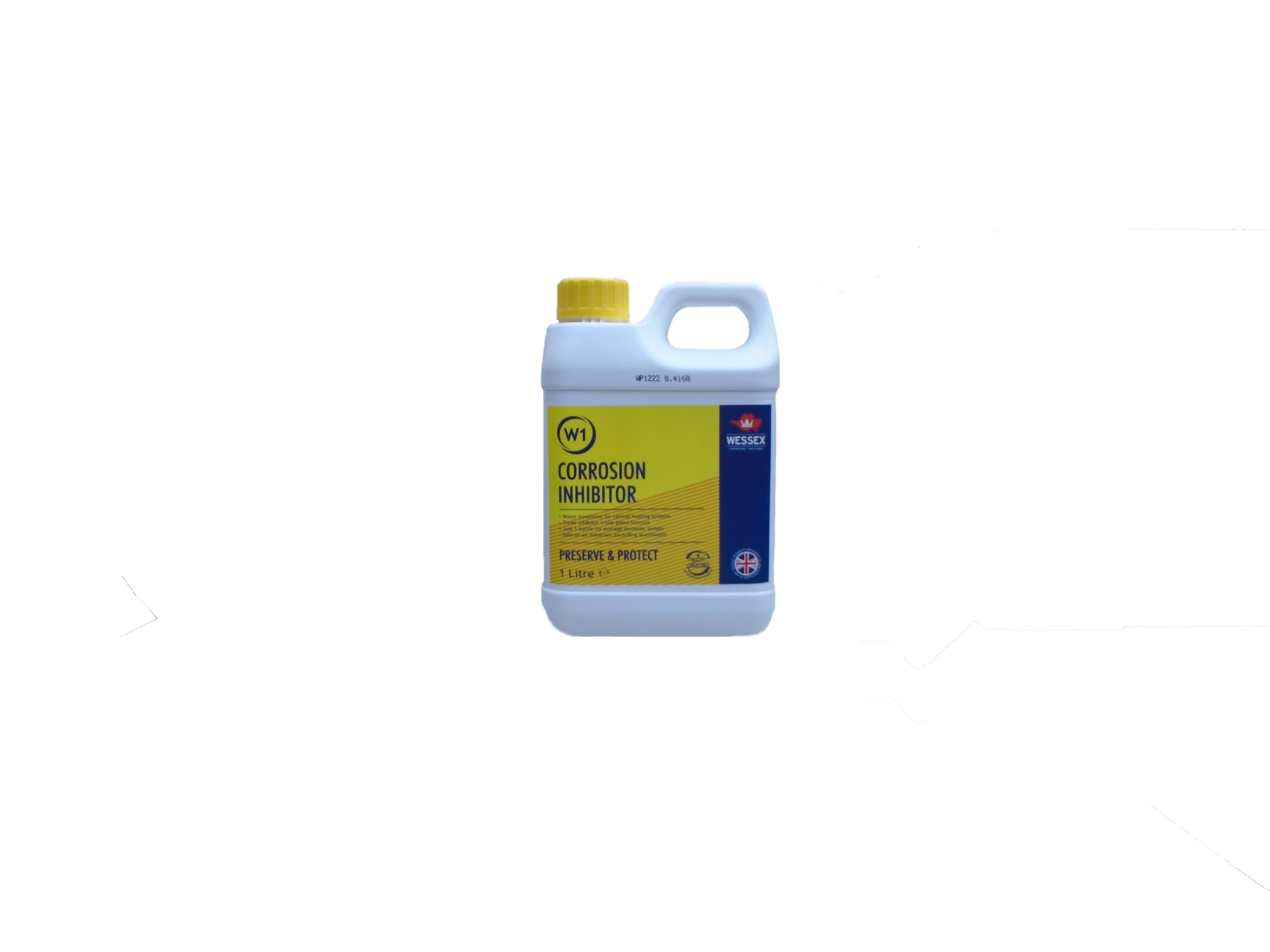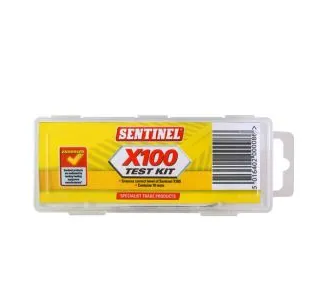Determining the Right Amount of Inhibitor for Your Heating System: A Guide
When it comes to maintaining an efficient and long-lasting heating system, adding a corrosion inhibitor is a crucial step. For those unfamiliar, an inhibitor is a chemical solution designed to protect your heating system from the damaging effects of scale and corrosion. Here at LoCO2 Heat, we're committed to helping you get the most out of your heating system, and hope the below guide will help you to determine the right amount of inhibitor to use and the importance of understanding your system's capacity.
1. Understand Your Heating System's Capacity
Before you add an inhibitor, it's essential to know the capacity of your heating system, which is typically measured in litres.
- General Estimations: As a rough guide, an average three-bedroom home with around ten radiators might have a heating system capacity of approximately 100 litres.
- Seek Expert Advice: If you're uncertain, it's always best to consult with a heating engineer who can provide an accurate measurement.
2. The Role of Inhibitor Test Kits
Regularly testing inhibitor levels is key to maintaining optimal system protection.
- How Test Kits Work: These kits, often using a colour chart or digital reading, measure the inhibitor concentration in your system's water. They help identify if your inhibitor levels are adequate or if a top-up is required.
- Frequency: It's recommended to check inhibitor levels at least annually to ensure consistent protection.


